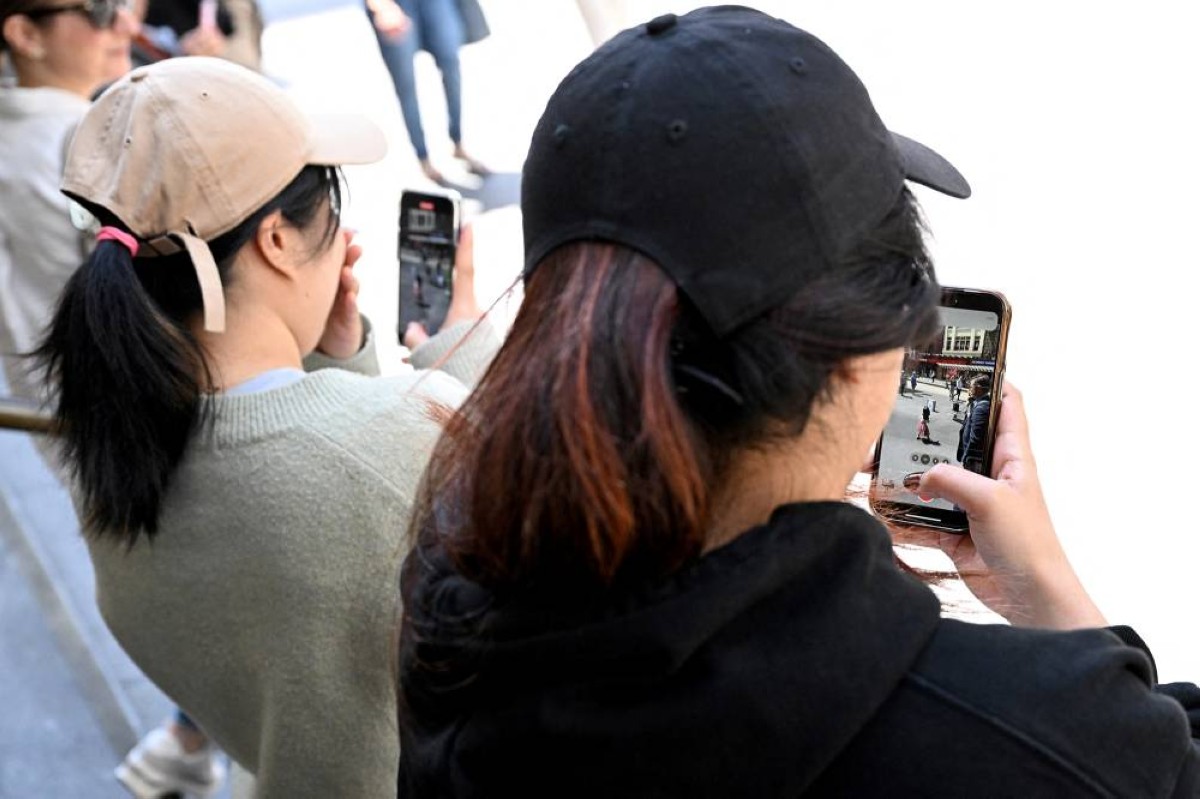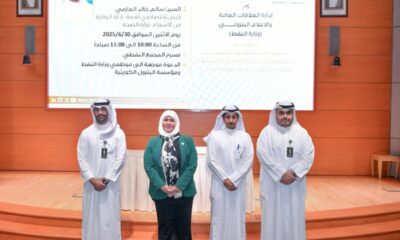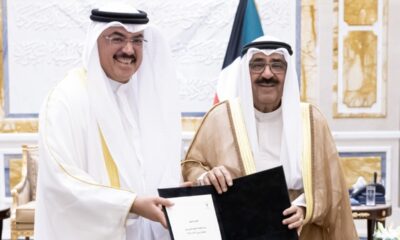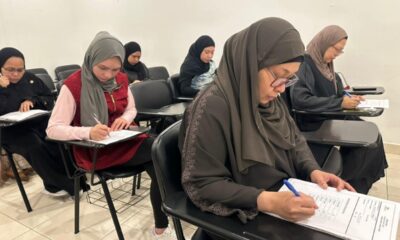By Dena Al-Fadhli
KUWAIT: In a generation where students wake up to 30 unread text messages, endless 20-second TikTok videos, and a constant stream of Instagram stories, it has become increasingly challenging for educators to keep pace with their shifting cognitive habits. Although educators are working hard to meet students where they are, many of the strategies being used may not truly foster the deep, critical thinking skills they hope they will develop for the future.
Maha Saleh, a former high school history teacher at a public school in Kuwait, expresses deep concern over what she describes as a troubling decline in student engagement.
“The level of apathy I’ve seen in recent years is unlike anything I’ve experienced before. Students don’t seem to care about their grades or school at all,” she said. “When I’m teaching, it often feels like they’re physically present—but mentally, they’re somewhere else entirely because they are just waiting for that next hit of dopamine.”
This “hit of dopamine” is more than a figure of speech. “Digital dopamine” is a term that emerged in the mid-2010s as researchers and wellness experts began exploring the link between digital technology use and brain chemistry. Many apps and platforms are intentionally designed to trigger dopamine releases through unpredictable reward patterns, reinforcing compulsive scrolling and screen time.
Educators and schools are now grappling with how to provide meaningful learning experiences despite these challenges.
One school in Kuwait enforced a school-wide phone ban as a solution. Rania Khudairi, a middle school English teacher with over a decade of experience in Kuwait’s private education sector, shared the outcomes with Kuwait Times. While Khudairi and her team anticipated some resistance, they were blindsided by just how deeply the ban disrupted students.
“We observed students reacting like addicts going through withdrawal,” Khudairi explains. “It was nearly impossible to engage or teach a child who was preoccupied—mentally checking out because they were craving that next TikTok video or waiting for a message from a friend.”
This classroom response, Khudairi suggests, is more than just behavioral—it reflects underlying changes in brain chemistry. Dr Haitham Al-Khayat, a neurosurgeon in Kuwait with over twenty years of experience, explains the neurological impact of prolonged social media and smartphone use among young people:
“They stimulate the part of the brain responsible for short-term gratification, known as the dopaminergic mesolimbic system. Repeated stimulation of this system triggers changes in the brain similar to those observed in individuals struggling with substance addiction.”
Dr Al-Khayat urges educators and individuals to take proactive steps in addressing this ‘dopamine addiction’ by fostering a healthier balance rather than enforcing total deprivation. A common approach teachers are adopting is integrating learning strategies that reflect students’ digital habits, in hopes of enhancing engagement.
One example comes from Danna Alenezi, a public-school chemistry teacher who has adapted her teaching methods to better engage students. She explains that even during a 40-minute class, maintaining students’ attention throughout is nearly impossible. To address this, she delivers her lessons in “short, packaged units” and incorporates brief videos between key points to sustain focus—mirroring the fast-paced, bite-sized content students are accustomed to consuming online.
Yet, what they’re noticing is that this approach may be jeopardizing learning in other ways—potentially worsening students’ already shortened attention spans. Khudairi reflects on how this trade-off plays out in the classroom: “While some students appreciate deeper exploration of concepts, I can’t really give that to them since it often comes at the cost of losing the attention of the majority.”
As educators adjust their methods to accommodate these brief, stimulus-driven lessons, they are also witnessing unexpected shifts in teacher-student dynamics.
Alenezi vividly recalls one such moment: a student raised her hand to ask a question, and as Alenezi paused—eye contact locked—the pupil abruptly turned to a friend and began chatting about something entirely unrelated. “I’ll never forget it,” Alenezi reflects, “because it laid bare exactly how much digital habits can interrupt even our most basic, face-to-face exchanges.”
These classroom observations often point to deeper cognitive shifts. Dr Al-Khayat explains that many teachers are now reporting signs of impaired executive function in their students. In his neurosurgical practice, he notes increasingly impulsive behavior among younger patients. Deprived of the ability to pause and engage in longer-term reasoning, they frequently make hasty decisions—and then find themselves caught in a repetitive cycle of “oh, I apologize.”
Alenezi admits that while she doesn’t really know what the solution is, she believes that recognizing the problem is the first step. “If educators and administrators work together to acknowledge the problem rather than fighting it, we might have a chance to revive the state of education.”


















